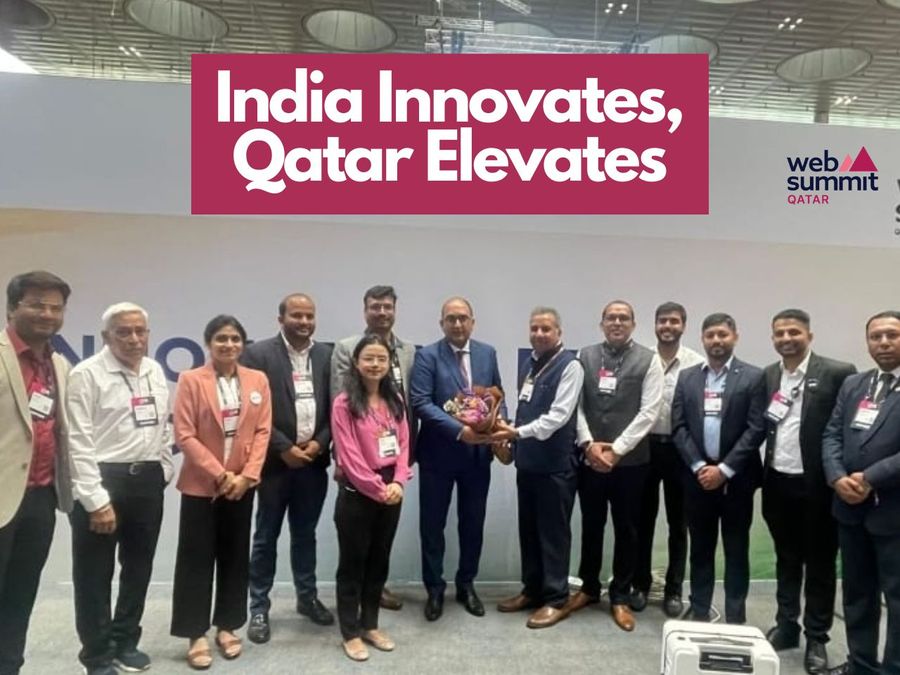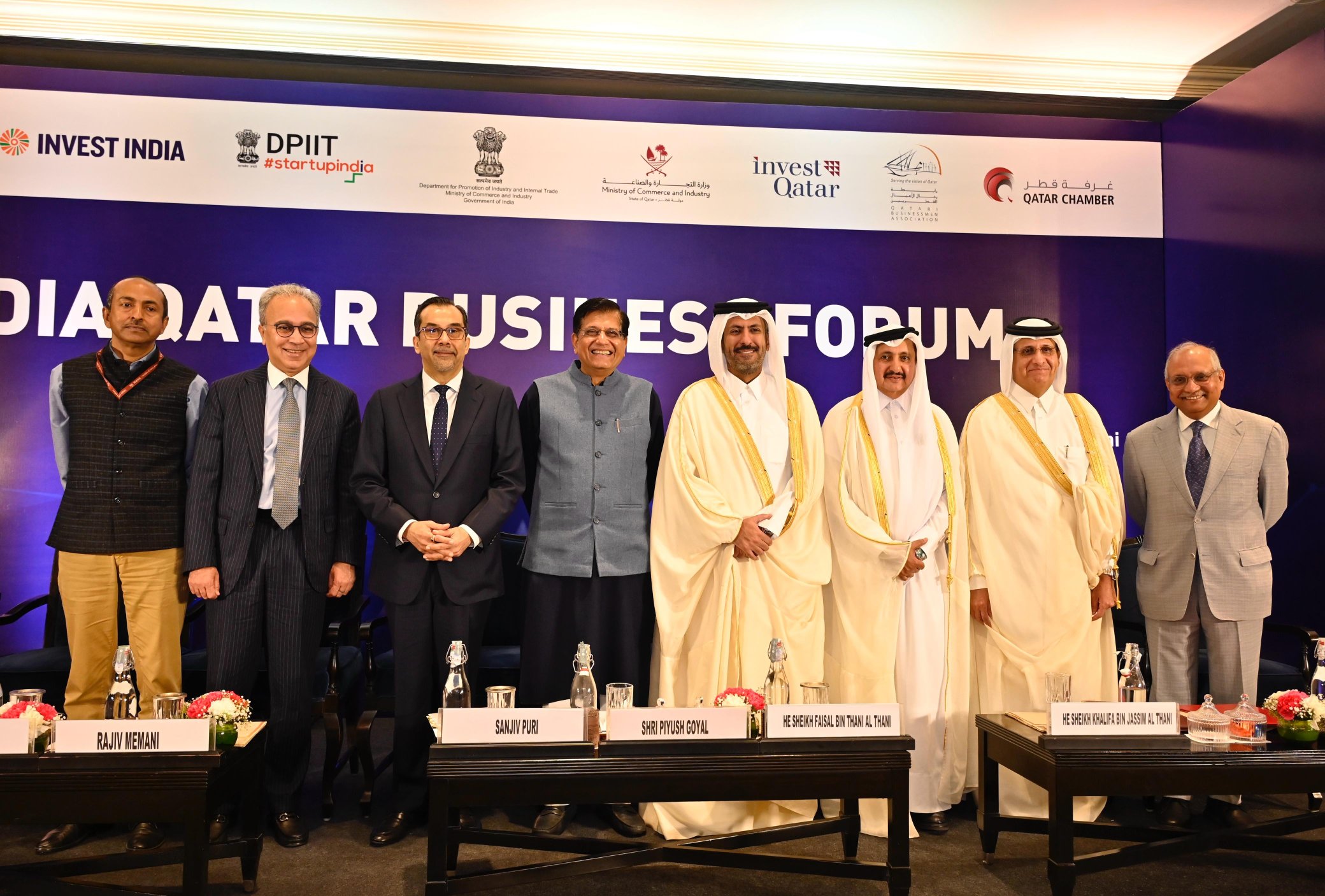US Supreme Court weakens federal regulators in boost for business

The Supreme Court has upended a 40-year-old decision that made it easier for the United States federal government to regulate the environment, public health, workplace safety and consumer protections, delivering a far-reaching and potentially lucrative victory to business interests.
On Friday, the court’s six conservative justices overturned the 1984 decision colloquially known as Chevron, long a target of conservatives. The liberal justices were in dissent.
Billions of dollars are potentially at stake in challenges that could be spawned by the high court’s ruling. President Joe Biden’s administration’s top Supreme Court lawyer had warned such a move would be an “unwarranted shock to the legal system”.
The heart of the Chevron decision says federal agencies should be allowed to fill in the details when laws are not crystal clear. Opponents of the decision argued that it gave power that should be wielded by judges to experts who work for the government.
“Courts must exercise their independent judgment in deciding whether an agency has acted within its statutory authority,” Chief Justice John Roberts wrote for the court.
Roberts wrote that the decision does not call into question prior cases that relied on the Chevron decision.
But in dissent, Justice Elena Kagan wrote that the assurance rings hollow. “The majority is sanguine; I am not so much,” she wrote.
Kagan called the latest decision “yet another example of the Court’s resolve to roll back agency authority, despite congressional direction to the contrary.”
The court ruled in cases brought by Atlantic herring fishermen in New Jersey and Rhode Island who challenged a fee requirement.
Lower courts used the Chevron decision to uphold a 2020 National Marine Fisheries Service rule that herring fishermen pay for government-mandated observers who track their fish intake.
Conservative and business interests strongly backed the fishermen’s appeals, betting that a Supreme Court that was remade during Republican Donald Trump’s presidency would strike another blow at the regulatory state.
The court’s conservative majority has previously reined in environmental regulations and stopped the Democratic Biden administration’s initiatives on COVID-19 vaccines and student loan forgiveness.
The Chevron decision
The justices had not invoked Chevron since 2016, but lower courts had continued to do so.
Forty years ago, the Supreme Court ruled 6-0, with three justices recused, that judges should play a limited, deferential role when evaluating the actions of agency experts in a case brought by environmental groups to challenge a Reagan administration effort to ease regulation of power plants and factories.
“Judges are not experts in the field, and are not part of either political branch of government,” Justice John Paul Stevens wrote in 1984, explaining why they should play a limited role.
But the current high court, with a 6-3 conservative majority, has been increasingly sceptical of the powers of federal agencies. Justices Samuel Alito, Neil Gorsuch, Brett Kavanaugh and Clarence Thomas all had questioned the Chevron decision.
They were in Friday’s majority, along with Justice Amy Coney Barrett.
Justices Ketanji Brown Jackson and Sonia Sotomayor joined Kagan in dissent.
Opponents of the Chevron doctrine have argued that judges applied it too often to rubber-stamp decisions made by government bureaucrats. Judges must exercise their own authority and judgement to say what the law is, the court said Friday, adopting the opponents’ arguments.
Bill Bright, a Cape May, New Jersey-based fisherman who was part of the lawsuit, said the decision to overturn Chevron would help fishing businesses make a living. “Nothing is more important than protecting the livelihoods of our families and crews,” Bright said in a statement.
‘Convulsive shock’
Defending the rulings that upheld the fees, President Biden’s administration said that overturning the Chevron decision would produce a “convulsive shock” to the legal system.
Environmental, health advocacy groups, civil rights organisations, organised labour and Democrats on the national and state level had urged the court to leave the Chevron decision in place.
“The Supreme Court is pushing the nation into uncharted waters as it seizes it seizes power from our elected branches of government to advance its deregulatory agenda,” Sambhav Sankar, a lawyer with the environmental group Earthjustice, said after the ruling. “The conservative justices are aggressively reshaping the foundations of our government so that the President and Congress have less power to protect the public, and corporations have more power to challenge regulations in search of profits. This ruling threatens the legitimacy of hundreds of regulations that keep us safe, protect our homes and environment, and create a level playing field for businesses to compete on.”
Gun, e-cigarette, farm, timber and home-building groups were among the business groups supporting the fishermen. Conservative interests that also intervened in recent high court cases limiting regulation of air and water pollution backed the fishermen, as well.
The fisherman sued to contest the 2020 regulation that would have authorised a fee that could have topped $700 a day, though no one ever had to pay it.
In separate lawsuits in New Jersey and Rhode Island, the fishermen argued that Congress never gave federal regulators authority to require the fisherman to pay for monitors. They lost in the lower courts, which relied on the Chevron decision to sustain the regulation.
The justices heard two cases on the same issue because Jackson was recused from the New Jersey case. She took part in it at an earlier stage when she was an appeals court judge. The full court participated in the case from Rhode Island.
Related
Qatar Business Leaders Optimistic About Long-Term Growth – HRO Today
Research from KPMG finds CEOs are prioritising resilience, technological innovation, and adaptability in 2025. By Maggie Mancini As organisations respond to glo
Indian Startups Showcase Innovation and Global Expansion at Web Summit…
Indian startups are making waves globally, and their latest venture at Web Summit Qatar 20
Qatar’s tax authority launches 100 percent financial penalty exemption initiative…
To qualify, companies must register on the Dhareeba Tax Portal and ensure that all taxpayer data is updatedQatar’s General Tax Authority recently announced th
India-Qatar Joint Business Forum held to Strengthen Bilateral Economic Ties…
NEW DELHI : On the sidelines of the visit of H.H. Sheikh Tamim bin Hamad bin Khalifa Al Thani, Amir of Qatar to In












